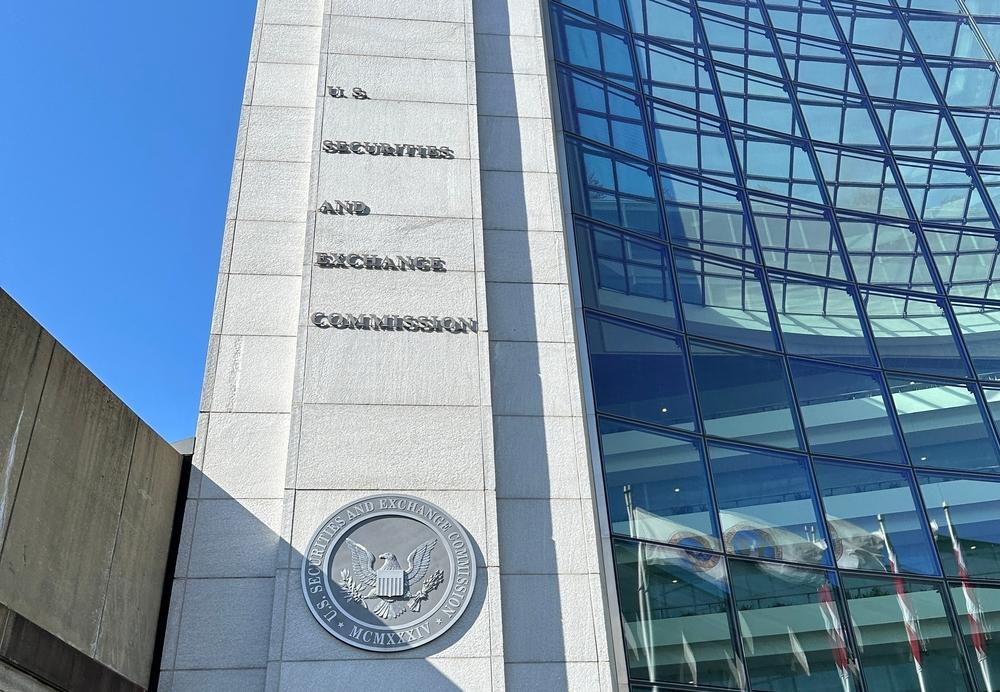On Sunday, South Korea’s Financial Services Commission (FSC) announced new rules that are expected to affect 60 crypto exchanges that are operating without securing licenses from the FSC. For instance, banks are required to classify their crypto exchange clients as “high-risk.”
As “high-risk” clients, crypto exchanges are now subject to strengthened user ID verification and financial transaction monitoring by banks, according to the Korea Times. Banks can deny services to client crypto exchanges that refuse to comply with ID verification procedures. Banks are also required to report suspicious transactions to the Korea Financial Intelligence Unit (KoFIU), which is an anti-money laundering unit under the FSC.
The new rules are expected to affect around 60 crypto exchanges that are operating without securing a license from the FSC. The move is aimed at protecting customer assets held at smaller exchanges.
Exchange operations have until September 24 this year to submit a request for a license. The FSC will then review a crypto exchange’s trading activities for a period of three months. The commission will be particularly focused on cases where there is “use of borrowed or fake accounts to make transactions on exchange platforms,” according to Cointelegraph.
Meanwhile, South Korean banks have appealed to the FSC to limit their liabilities for financial crimes on crypto exchanges. There are concerns that crimes could increase as the sector is now under stricter regulatory oversight by the FSC.
Some lenders are concerned that investors might “claim they trusted the organizations which had been reviewed by the banks.” The result of the discussion on the issue, which will be led by the Korea Federation of Banks and joined by a number of commercial lenders, will be forwarded to the FSC.
“Banks are essentially forced to take responsibility for issuing real-name accounts,” an industry official said. “It, therefore, is reasonable that there should be some immunity for undertaking the dangerous and costly task.”


























Comment 1